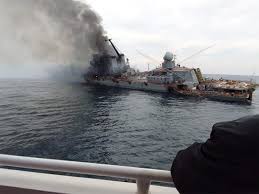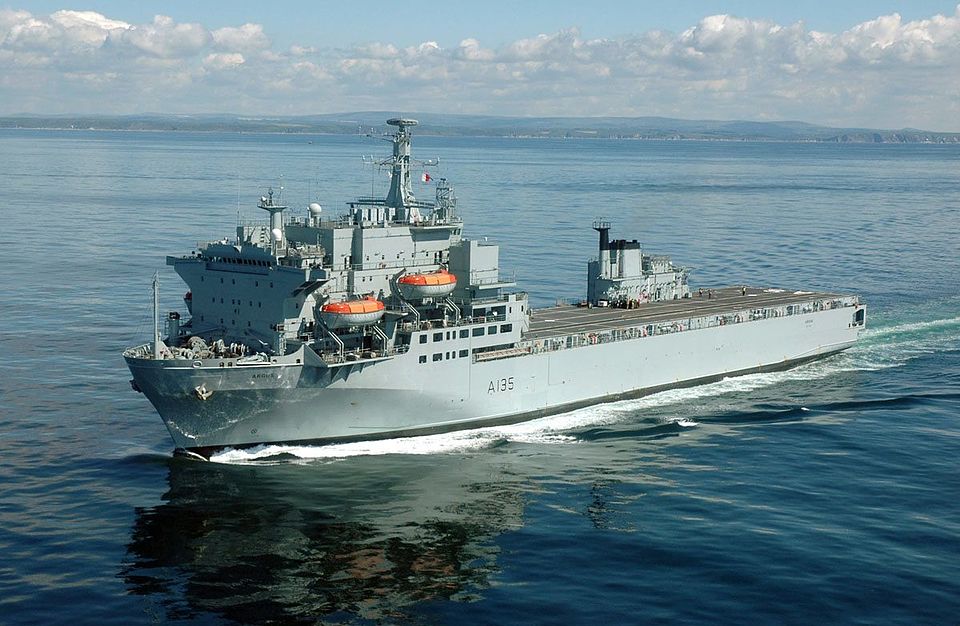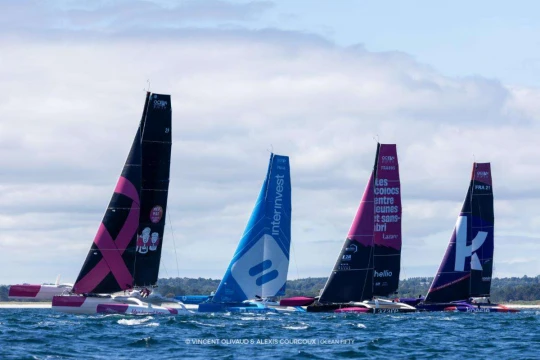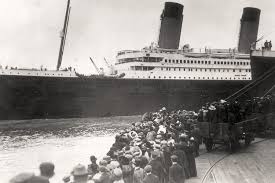
Introduction Blyth, a bustling port town located on the northeast coast of England, has been at the forefront of maritime history for centuries. Known for its significant coal exports and its strategic location for shipbuilding, Blyth plays a pivotal role in both local and national economic developments. This article delves into the rich heritage and

Introduction The RMS Titanic, a luxurious British ocean liner, tragically sank on its maiden voyage in April 1912. This event reshaped maritime regulations and remains a poignant symbol of human error and overconfidence in technology. Understanding the Titanic’s significance allows us to reflect on safety standards in modern maritime travel and the lessons learned from

Introduction The recent sinking of a Russian ship in the Black Sea marks a significant event in maritime safety and naval operations. As one of the crucial waterways for global commerce and military strategy, the Black Sea has witnessed increasing tensions in recent years, particularly involving naval assets from Russia and NATO. This incident raises

Introduction The RFA Argus, a 23,000-tonne auxiliary ship of the Royal Fleet Auxiliary (RFA), has reaffirmed its significance through various recent operations. As a vital asset to the UK’s maritime capabilities, the Argus provides crucial logistical support, medical assistance, and operational versatility to the Royal Navy and allied forces, particularly in light of ongoing global

Introduction to the Fastnet Race The Fastnet Race, often described as one of the most prestigious and challenging offshore yacht races in the world, is held every two years and attracts thousands of sailors globally. Organised by the Royal Ocean Racing Club (RORC), the race covers approximately 605 nautical miles, beginning off Cowes, Isle of

Introduction The RMS Titanic holds a significant place in history due to its tragic sinking in 1912. This catastrophic event not only resulted in the loss of over 1,500 lives but also prompted crucial changes in maritime safety regulations. The story of the Titanic continues to resonate today, serving as a reminder of human fallibility